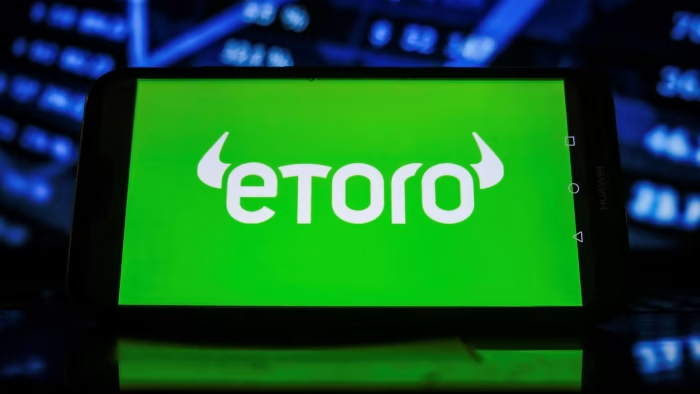eToro, a popular crypto broker offering a range of crypto services through its app in various countries, has been barred from operating in the US by the Securities and Exchange Commission (SEC).
In a public statement, the SEC confirmed that eToro USA LLC, the US branch of eToro, has agreed to pay $1.5 million in a settlement after the financial regulator found the company operating without complying with the “registration provisions of federal securities laws.”
The SEC stated that eToro had been operating in the US “since at least 2020.” During this period, the company allowed US customers to trade various crypto assets on its platform, despite some of these assets being classified as “securities.” eToro never secured a license to offer such services to the public in the US.
Now, eToro must cease “almost” all operations. This means the exchange cannot offer crypto assets to the American public if they could be or are considered securities by the SEC.
Explaining the actions eToro has agreed to take in order to keep its operations partially running in the country, Gurbir S. Grewal, Director of the SEC’s Division of Enforcement, said: “By removing tokens offered as investment contracts from its platform, eToro has chosen to come into compliance and operate within our established regulatory framework.”
eToro Plays It Safe
Although eToro has not admitted guilt or denied the SEC charges, it has entered into a settlement and accepted the cease-and-desist order from the financial regulator.
Following the settlement, eToro will, within 187 days of the order, liquidate any crypto assets being offered and sold as securities that it cannot transfer to its customers and return the proceeds to the respective customers.
eToro customers will have up to 180 days to liquidate your crypto holdings. The platform will only support Bitcoin, Bitcoin Cash, and Ether moving forward.
Prior to the settlement with the SEC, eToro provided services in 28 different cryptocurrencies. Effectively, the eToro app will now have highly restricted operations with more than 95% of their crypto offerings off the shelf in the US.
The settlement with the SEC can be drastic for the company and would make it very difficult for them to continue their US operations. In the worst case, the charges framed by the SEC could also trigger more regulatory actions from other US partner countries.












